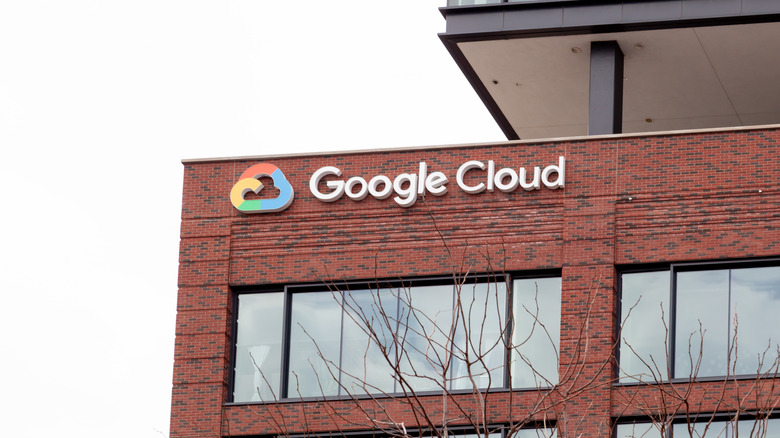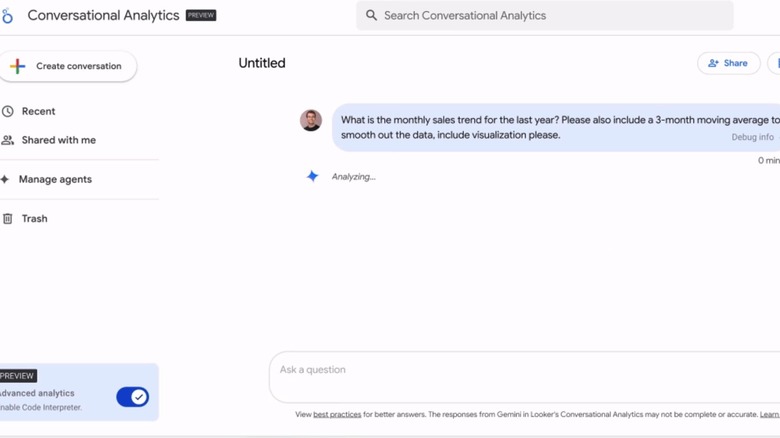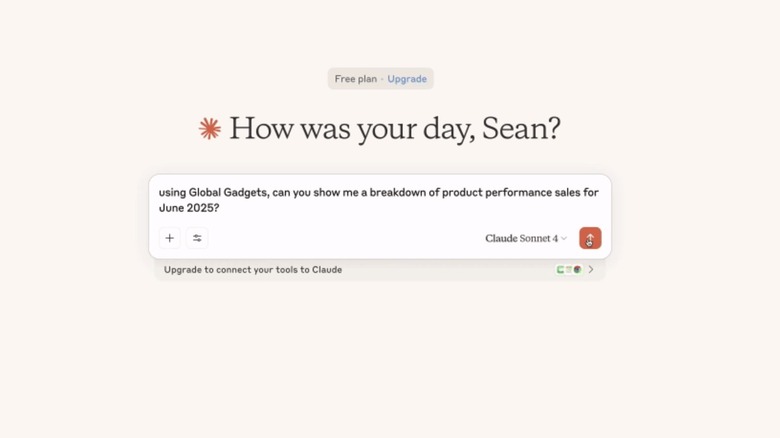Google's New AI Agents Will Make Cloud Apps Smarter And Faster
This year marks our formal introduction to the agentic phase of the AI revolution. AI agents are models that can perform more complex tasks than simply answering questions. These agents can work on behalf of the user and speed up workflows significantly. ChatGPT Agent is the best example of that so far. Announced recently, the AI agent works in its own virtual computer where it can browse the web, code, and access data for you.
The ChatGPT Agent will help you plan an entire trip and even book hotels for you in just a few minutes after you've described in great detail what you want from your next trip. I've already started using it, and I'll hand all sorts of tasks that would require several separate online searches or independent chats with the old chatbot over to the Agent.
While products like ChatGPT Agent are visible AI agents, deployed commercially for anyone to try, Google took the stage late on Tuesday at Google Cloud Next Tokyo 2025 to announce a series of AI agents that most people will never interact with. These are AI agents for the cloud meant to help developers and businesses improve their workflows with the help of natural language. End-users will still benefit from the new AI agents available to companies that rely on cloud services like Google Cloud. Apps can become smarter and faster as AI agents optimize them under the hood.
Google Cloud's new AI agents
Google announced six new AI agents at Google Cloud Next Tokyo 2025 that will act as smart coworkers for cloud apps and internet services that choose to employ them. These agents will be available to developers who ensure an app or e-commerce website works reliably and to executives looking to gain real-time insights into their operations without having to deal with actual coding.
These agents will understand commands in natural language, which will make interactions even easier. Developers and executives will be able to chat with the AI agents just like they do with ChatGPT and Gemini. The AI agents will understand text prompts and perform actions accordingly.
For example, the Data Engineering Agent will automatically create documents and databases. The Data Science Agent is the AI tool business executives and scientists might use to extract data from Google Cloud databases. A Conversational Analytics Agent understands questions in natural language about business specifics, like sales data, and can create reports that include charts to provide detailed analysis.
The Migration Agent for Spanner lets developers quickly move databases to Google Cloud, while the Gemini CLI GitHub Actions is an open-source agent built atop the recently unveiled Gemini CLI terminal app to help developers manage cloud workflows. Then there's a new Conversational Analytics API that lets developers build conversational AI tools directly into apps. Plus, Google's new cloud-based AI tools will let developers create their own agents via the Agent Development Kit (ADK) and connect to other AI models like Claude via the Model Context Protocol (MCP).
How do these agents actually work?
If you're not into coding, this might sound incredibly complicated. But that's the point. Google created AI models that can manage complicated cloud processes happening under the hood when you access your favorite app. You won't even think about the cloud services that power and record your interactions, as long as they work as advertised. But the new AI agents might help online businesses ensure their apps run faster and more reliably than before.
Imagine an app that lets you search for restaurants around you, access menus, and book reservations. It runs on Google Cloud, so it can take advantage of these new AI agents. The app owners want to ensure the information is always updated, so they use the Data Engineer Agent every morning to update menus, photos, and price changes by simply telling the AI something like "import last night's menus and update prices."
The app also wants to give you an idea of how busy a restaurant is. The Data Scientist would look at last week's visits and the weather to predict next week's traffic. That way, app users and even restaurant owners know what to expect. A content creator could run Google Cloud queries asking the AI which dishes are trending this week and then use the resulting reports to populate that tab with new information each week.
Finally, this imaginary app could have a built-in AI chatbot functionality, or the new Gemini Data Agents API at work. You'll tell the app's chatbot what you're hungry and ask for nearby suggestions. The chatbot would scan all the menus in its database and make lightning-fast, hallucination-free suggestions. After some back and forth with the AI agent, you could make your reservation.


